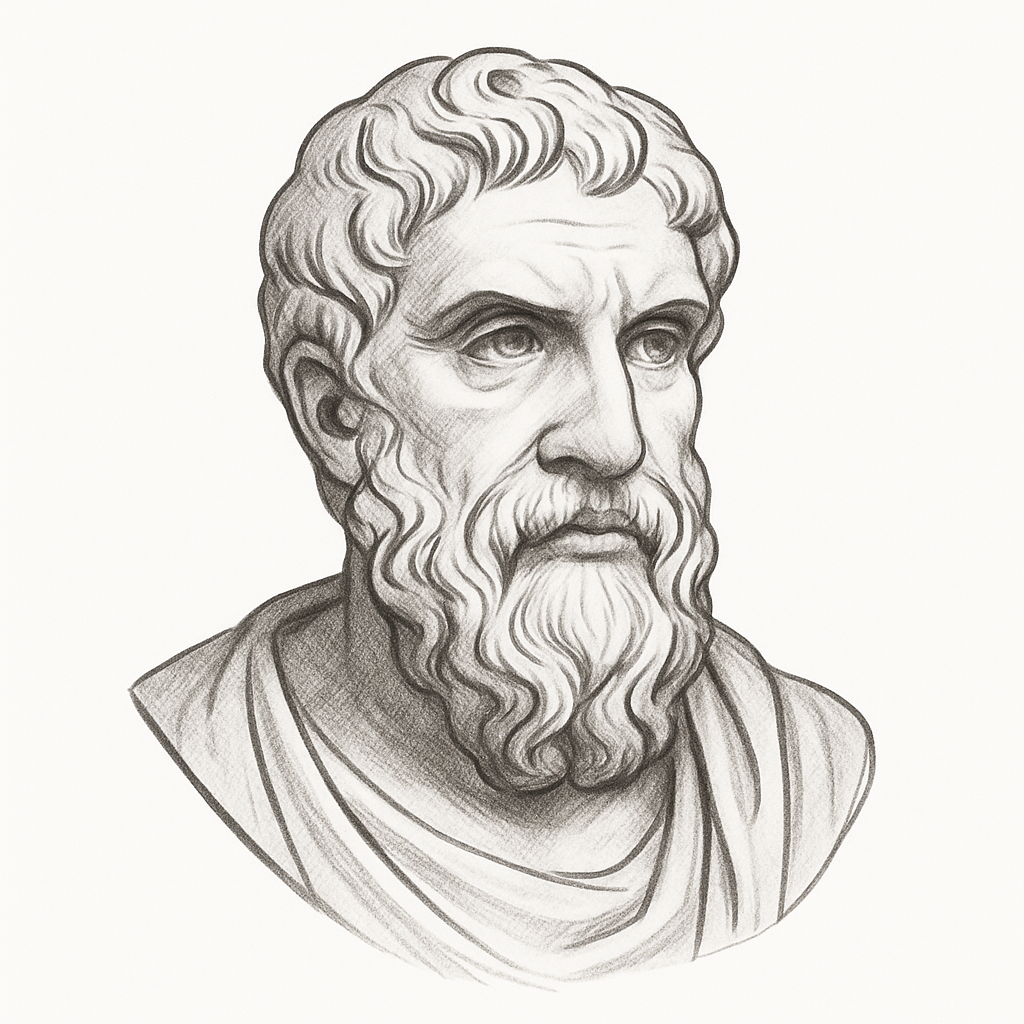What Does Stoicism Say about Anxiety
Stoic philosophy extensively addresses the nature and management of anxiety, framing it fundamentally through the lens of what is within one's control. Anxiety, from a Stoic perspective, is not an inherent human condition but rather a consequence of misdirected desires and judgments, standing in direct opposition to the pursuit of tranquility.
The Stoic Understanding of Anxiety
Stoicism posits that anxiety primarily arises from desiring or fearing things that are not within an individual's power or control (Epictetus, The Discourses, Book 2, Chapter 13). As Epictetus questions, "If he did not want something which is not in his power, how could he be anxious?" (Epictetus, The Discourses, Book 2, Chapter 13). This highlights the core principle that external events, circumstances, and the actions of others are indifferent; they are neither good nor bad in themselves, and therefore should not be the source of disturbance. Instead, it is one's own judgments and responses to these externals that determine emotional states (Epictetus, The Discourses, Book 2, Chapter 13). Seneca further emphasizes this, noting that an individual's "state of mind, not your external circumstances, is the true source of your troubles or tranquility" (Seneca, Moral Letters to Lucilius, Chapter 17). Anxiety, therefore, is rooted in the attachment to outcomes that are beyond personal jurisdiction.
Proposed Methods for Dealing with Anxiety
To deal with anxiety, Stoic thought advocates for a redirection of focus and a cultivation of specific internal disciplines:
- Focus on the Controllable: The primary method involves an unwavering focus on what genuinely lies within one's power: one's own judgments, intentions, and actions (Epictetus, The Discourses, Book 2, Chapter 13). By wanting only what is within one's control, the grounds for anxiety are removed.
- Cultivate Inner Resilience: Tranquility is seen as an internal state, independent of external conditions. It is suggested to "cultivate an inner tranquility that allows you to remain undisturbed by external chaos" (Seneca, Moral Letters to Lucilius, Chapter 83). This involves recognizing that "Your tranquility depends on your state of mind, not your physical location or circumstances" (Seneca, Moral Letters to Lucilius, Chapter 55).
- Live in the Present Moment: Much anxiety stems from anticipating future events, many of which may never materialize. Stoicism advises to "focus on living well in the present to eliminate anxiety about what is to come" (Seneca, Moral Letters to Lucilius, Chapter 101) and to "overcome anxiety for the future by finding contentment and purpose in the present moment" (Seneca, Moral Letters to Lucilius, Chapter 32). This also extends to avoiding suffering from problems that are purely imaginative, as "Most of the anxieties that torment you are based on future events that may never occur" (Seneca, Moral Letters to Lucilius, Chapter 13).
- Detachment and Perspective: Detaching oneself from the "trivial anxieties of daily affairs" and recognizing the inconsequential nature of worldly gains and losses is essential for cultivating inner peace (Seneca, Moral Letters to Lucilius, Chapter 77). This broader perspective helps to minimize the impact of external events.
- Acceptance of Mortality: The contemplation of one's own mortality can paradoxically reduce anxiety. By being "ready to depart from life at any moment," one can live "more fully and without anxiety" (Seneca, Moral Letters to Lucilius, Chapter 61).
- Moral Conduct: Seneca highlights the importance of ethical behavior, stating, "The most important contribution to peace of mind is never to do wrong. Those who lack self-control lead disturbed and tumultuous lives; their crimes are balanced by their fears, and they are never at ease" (Seneca, Moral Letters to Lucilius, Chapter 105). Living virtuously contributes directly to a tranquil mind by eliminating the internal conflict and fear associated with wrongdoing.
Anxiety and the Pursuit of Tranquility
Anxiety is fundamentally antithetical to the Stoic pursuit of tranquility, which is defined as "the state reached by an unperverted mind when it is relaxed" (Seneca, Moral Letters to Lucilius, Chapter 56). The very presence of anxiety indicates a mind that is not relaxed, but rather perturbed by external or imagined circumstances.
The Stoic path to tranquility involves actively minimizing and ultimately eliminating anxiety by consistently applying the principle of control. If individuals recognize that "things which are independent of the will are neither good nor bad, and all things which do depend on the will are within our power... where is room left for anxiety?" (Epictetus, The Discourses, Book 2, Chapter 13). By focusing one's desires and efforts solely on internal factors—judgments, intentions, and character—the external world loses its power to create distress. Philosophy serves as a tool not to solve external problems or predict the future, but to "cultivate a resilient inner state aligned with nature" (Epictetus, The Discourses, Book 3, Chapter 9). This cultivation of an undisturbed inner state, free from the perturbations of desires for what is outside one's control, is precisely what constitutes Stoic tranquility.
Key Passages
If, then, the things which are independent of the will are neither good nor bad, and all things which do depend on the will are within our power... where is room left for anxiety?— The Discourses by Epictetus
Real tranquillity is the state reached by an unperverted mind when it is relaxed.— Moral Letters to Lucilius by Seneca
If he did not want something which is not in his power, how could he be anxious?— The Discourses by Epictetus
Disclaimer: Article generated using Memento Vivere AI tool, and is grounded solely in the works of Epictetus, Seneca and Marcus Aurelius. For informational purposes only. Not a substitute for professional advice.
